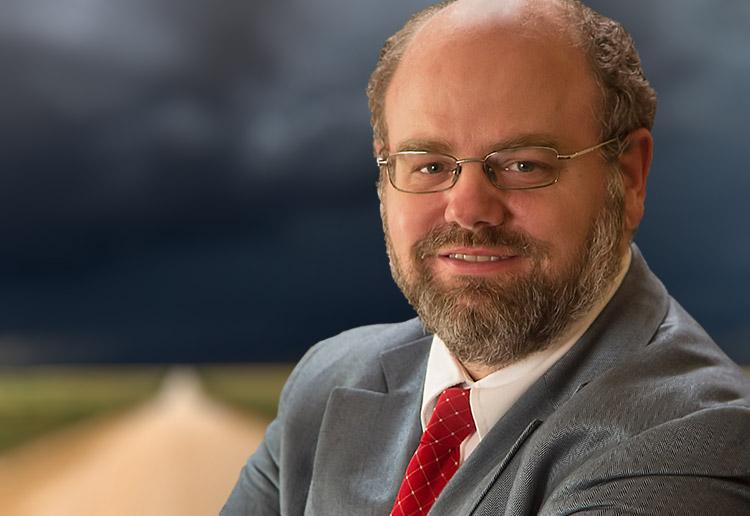Sergeant Javier Esqueda of the Joliet Police Department in Illinois thought he was doing the right thing by leaking a video recorded from inside of a squad car that showed a black man, Eric Lurry, in medical distress from a drug overdose being slapped and having a police baton forced in his mouth. Lurry later died from the overdose. Sergeant Esqueda received an award from the Lamplighter Project, an advocacy group for police whistleblowers. After an internal affairs investigation, the officers involved received minor punishments, one of them a six-day suspension for turning off the sound on the camera after a sergeant slapped Lurry and called him a “bitch.” The minor slap on the wrist for the officers is not the only questionable aspect of this situation. Sergeant
Topics:
Tate Fegley, Ilia Murtazashvili considers the following as important: 6b) Mises.org, Featured, newsletter
This could be interesting, too:
RIA Team writes The Importance of Emergency Funds in Retirement Planning
Nachrichten Ticker - www.finanzen.ch writes Gesetzesvorschlag in Arizona: Wird Bitcoin bald zur Staatsreserve?
Nachrichten Ticker - www.finanzen.ch writes So bewegen sich Bitcoin & Co. heute
Nachrichten Ticker - www.finanzen.ch writes Aktueller Marktbericht zu Bitcoin & Co.
 Sergeant Javier Esqueda of the Joliet Police Department in Illinois thought he was doing the right thing by leaking a video recorded from inside of a squad car that showed a black man, Eric Lurry, in medical distress from a drug overdose being slapped and having a police baton forced in his mouth. Lurry later died from the overdose. Sergeant Esqueda received an award from the Lamplighter Project, an advocacy group for police whistleblowers. After an internal affairs investigation, the officers involved received minor punishments, one of them a six-day suspension for turning off the sound on the camera after a sergeant slapped Lurry and called him a “bitch.”
Sergeant Javier Esqueda of the Joliet Police Department in Illinois thought he was doing the right thing by leaking a video recorded from inside of a squad car that showed a black man, Eric Lurry, in medical distress from a drug overdose being slapped and having a police baton forced in his mouth. Lurry later died from the overdose. Sergeant Esqueda received an award from the Lamplighter Project, an advocacy group for police whistleblowers. After an internal affairs investigation, the officers involved received minor punishments, one of them a six-day suspension for turning off the sound on the camera after a sergeant slapped Lurry and called him a “bitch.”
The minor slap on the wrist for the officers is not the only questionable aspect of this situation. Sergeant Esqueda’s department opened a criminal investigation and prosecutors have charged him with four counts of official misconduct, with a maximum sentence of twenty years in prison, because he was not authorized to access this footage. He is currently on paid administrative leave as he awaits the results of his trial and internal affairs investigation. Joliet Police chief Alan Roechner says that he does not believe Esqueda is a whistleblower, and some of his coworkers reported that they believe that Esqueda obtained the video in order to use it as a “trump card” to avoid discipline in an unrelated case. And in November, Sergeant Esqueda was expelled from his union, the Joliet Fraternal Order of Police Supervisor’s Association, by a 35–1 vote. His excommunication is significant because his union will no longer provide him counsel in the event that proceedings go against him and he faces termination.
This may seem strange in light of how police unions will fight tooth and nail for officers accused of egregious misconduct. But it makes perfect sense from the perspective of the organizational goals of police unions. Unions seek to maximize the wages, benefits, and job security of their members. Presented in the most charitable sense, the job protections for which police unions negotiate prevent things such as arbitrary discipline by police supervisors and shield officers from harm from malicious or dubious complaints. Since police unions are often prohibited from striking, which likely reduces their wages, they bargain harder on job protections.
However, these protections also have the potential to shield officers from accountability for misconduct. Given municipal police organizations’ taxpayer funding and privileged status, the market cannot decide whether officers are “overprotected” according to the desires of consumers. Market competition puts an upper limit on what unions in the private sector can demand. For example, the demands of the United Auto Workers arguably contributed to the bankrupting of General Motors by increasing labor costs to levels that were uncompetitive with foreign automakers. There is no such competition among police departments, and cities are able to make more concessions to unions. As a consequence, police departments may find it impossible to fire officers that demonstrate poor decision-making. The Pittsburgh Police Bureau, for example, fired Officer Paul Abel, who pistol-whipped and accidentally shot a man whom he had mistaken for someone else, only for Abel to be reinstated by an arbitrator. Abel has been the target of many complaints, most recently a retaliatory arrest, and is currently on suspension, which the Fraternal Order of Police have said they will fight.
The answer to why police unions protect officers who engage in conduct like Paul Abel’s but not whistleblowers like Javier Esqueda is clear. Whistleblowers in the ranks of police undermine the police union’s goal of protecting officers from disciplinary action. Sergeant Esqueda was not loyal to his fellow officers. While individual police officers may value protections for whistleblowers, unions do not want to negotiate for whistleblower protections because that would undermine the union. For an analogy to private sector unions, individual union members may value the right to work during a work stoppage, but the unions have incentives to declare anyone who does so a “scab,” since such choice would undermine the union’s bargaining power.
It is clear that there are situations in which the unions’ interests diverge from the public’s interest in transparency and good policing. But what may be less obvious is that the unions’ interests can diverge from the interests of individual members. Esqueda’s situation is another illustration of something the great economist Walter E. Williams pointed out: “labor,” as such, does not have fully unified interests. Popular narratives paint labor disputes as conflicts between labor and management, but in reality, it is laborers competing against other laborers. Labor unions are cartels that reduce the supply of labor by keeping competitors out. And while W.H. Hutt’s classic study of labor unions found that the threat of strike was the most significant source of social costs from unions, police unions illustrate that even when the threat to strike is removed, unions can still be a substantial source of social costs. In Sergeant Esqueda’s case, we see how the threat to any officer who violates the blue wall can be as much a source of social costs, in this instance shielding officers who engage in criminal conduct from appropriate penalties when they fail to protect and serve citizens.
Tags: Featured,newsletter








